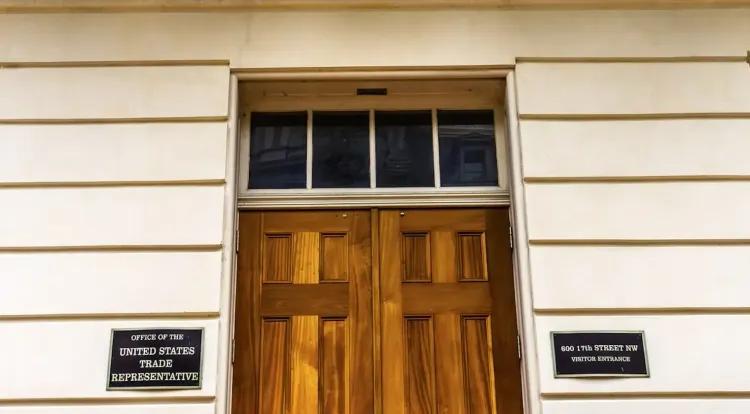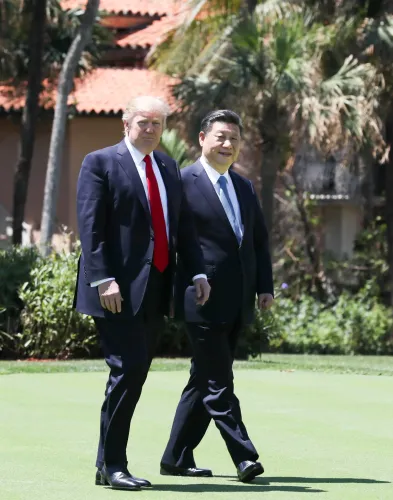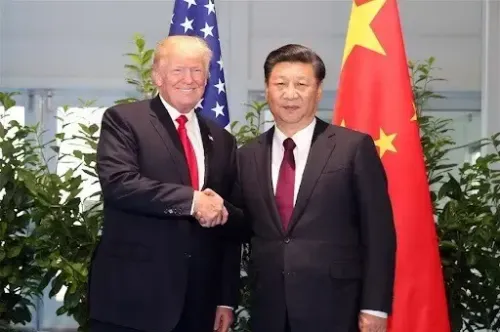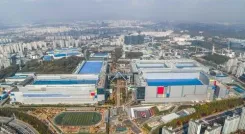Is the South Korean Delegation in the US for Talks on Tariff Deal?

Synopsis
Key Takeaways
- South Korea is in the U.S. for crucial trade discussions.
- Investment commitments worth $350 billion are on the table.
- Tariffs on South Korean goods are being reduced to 15%.
- Negotiations include addressing non-tariff trade barriers.
- Future cooperation in key industries is a focal point.
Seoul, Sep 9 (NationPress) A trade delegation from South Korea is currently visiting the United States to engage in discussions regarding the specifics of a trade framework deal established between the two nations in late July, as confirmed by trade officials from Seoul on Tuesday. These discussions are anticipated to address the investment package proposed by Korea, alongside issues related to non-tariff trade measures.
The delegates are in meetings with representatives from the office of the U.S. Trade Representative (USTR) and the Commerce Department, according to reports from Yonhap news agency.
The agreement reached on July 30 stipulates that the Trump administration would reduce its reciprocal tariff rate for South Korea from an initially proposed 25 percent to 15 percent, and similarly lower tariffs on Korean automobiles from 25 percent to 15 percent.
In exchange, the Korean government has committed to investing a total of $350 billion in the U.S. to foster cooperation in sectors such as shipbuilding, semiconductors, batteries, and other advanced industries, while also agreeing to procure $100 billion worth of American energy products.
The two parties are reportedly striving to resolve their differences regarding key aspects of the proposed investment, including its composition, financing methods, and profit-sharing arrangements, in addition to matters concerning non-tariff trade measures.
Officials from Seoul have indicated that the anticipated investment will primarily consist of loans and credit guarantees, while the U.S. is said to be insisting on direct investments.
Additionally, the U.S. is reportedly urging Korea to act on its investment plan, leveraging the reduced auto tariffs that have yet to be implemented.
Recently, the Ministry of Trade, Industry and Energy in Korea presented a record-high budget proposal of 13.88 trillion won (approximately $10 billion) for the upcoming year, with 1.9 trillion won allocated for financing industrial cooperation projects with the U.S.
The Trump administration is also reportedly pressuring Korea to take measures to address what it terms as "non-tariff trade barriers" in the agricultural and digital sectors.
As part of the trade deal, the Seoul government has agreed to enhance cooperation with the U.S. regarding sanitary and phytosanitary procedures (SPS) for American agricultural products.
Last month, Korea's agriculture minister announced plans to establish a dedicated U.S. desk under the Animal and Plant Quarantine Agency as part of efforts to improve communication with the U.S. on these issues.
The ongoing trade discussions between Korea and the U.S. are expected to address additional trade barrier concerns outside the framework agreement, including Seoul's proposed regulations on online platforms, restrictions on high-precision map data exports, and an import ban on U.S. beef from cattle aged 30 months or older.









